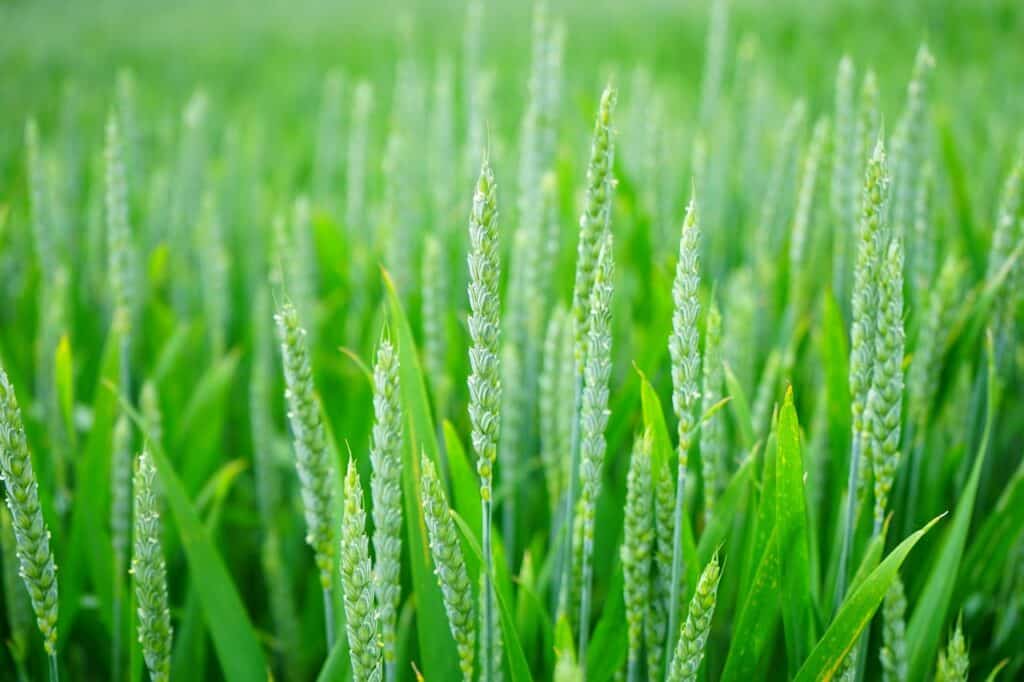Farming deserves more recognition for the complex skillset it requires. And farmers need to know what it takes to thrive in the farming business. No matter how experienced you are as a farmer, you need to master and understand the following. Here’s a breakdown of some crucial qualities, skills, and knowledge you need to successful run a farm, as well as what you need to avoid:
Problem-solving: Farmers face constant challenges, from pests and diseases to unpredictable weather. As a farmer, you need to diagnose problems, research solutions, and adapt your strategies.
Critical Thinking: Making sound decisions is vital. Farmers consider factors like weather forecasts, market demands, and resource limitations to decide what to plant, when to harvest, and how to manage their resources.
Business Acumen: Running a farm is a business! Farmers need to understand budgeting, marketing their produce, and financial planning for long-term sustainability. As a farmer, you are expected to be very sharp at what you do.
Technical knowledge: This varies based on the farm type, but can include things like soil science, crop rotation techniques, and using farm machinery.
Agronomy: Potato growers, for example, need to understand potato varieties, their specific needs, and ideal planting times. This includes knowledge of soil fertility, managing pests and diseases common to potatoes, and proper irrigation techniques for potatoes. No matter what you grow, make sure you understand the science behind them.

Storage and Handling: Potatoes, for example, have specific storage requirements to prevent spoilage. Knowledge of proper ventilation, temperature control, and handling techniques to minimize damage during harvest is essential. What are the storage and handling requirements and best practices for what you grow?
Market Awareness: Produce prices can fluctuate. Understanding different [potato] markets (fresh, processing, seed potatoes) and building relationships with buyers can help secure stable profits. What are the different markets for what you grow? Find out and build a good relationship with your current and potential customers so that you can secure stable profits in the long run.
Mechanics: While not essential, having some knowledge of farm machinery maintenance and repair can save time and money, especially for smaller operations.
Data Analysis: Many potato farmers are using data analysis tools to track yields, analyze soil conditions, and make informed decisions about planting and resource management. Collected data can help farmers make data-driven decisions.
The Skills You Didn’t Know You Needed to Be a Successful Farmer
Successful farmers wear many hats, including leaders and asset managers. Here are some key skills and knowledge that are easy to be ignored by farmers:
Leadership Skills
- Effective Communication: Farmers need to clearly communicate expectations, goals, and safety procedures to their team. Active listening and addressing concerns are also crucial.
- Motivation and Delegation: Inspiring and motivating employees can significantly boost productivity. Farmers should delegate tasks effectively based on employee strengths and skillsets.
- Conflict Resolution: Disagreements can arise. Wherever there are people with different backgrounds, culture, ideology, interest, and different levels of education, conflict is always present. Therefore, farmers need to be adept at mediating conflicts fairly and finding solutions that work for everyone.
- Team Building: A strong, cohesive team is essential for farm success. Farmers can foster team spirit through collaborative activities and recognizing individual and team achievements.
Asset Management Skills

By developing these skills and knowledge, you will become an effective leader, manage your assets wisely, and create a positive and productive work environment for your team. This, in turn, contributes significantly to the overall success of your farm.
- Financial Literacy: Making informed decisions about equipment purchases, maintenance schedules, and resource allocation requires a strong understanding of finances.
- Inventory Management: Tracking seeds, fertilizers, fuel, tools, and other resources is crucial to avoid waste and ensure smooth operations.
- Maintenance and Repair: Basic knowledge of farm equipment maintenance can save time and money. Farmers may also need to delegate these tasks effectively to skilled personnel.
- Sustainable Practices: Understanding and implementing sustainable practices for soil health, water management, and equipment use is crucial for long-term farm success.
- Labor Laws and Regulations: Farmers need to be aware of labor laws, worker safety regulations, and proper compensation practices.
- Time Management: Farming demands effective time management to juggle tasks, manage people, and oversee operations efficiently.
What to Avoid If You Want to Thrive As a Farmer
Farming, just like any other thing in life, has two aspects: Things to Do and things to NOT do. Farming is both a challenging and rewarding profession. Here are some things to avoid if you want to thrive as a farmer.
Planning and Management Missteps:
- Ignoring Financial Planning: Not having a solid budget, overlooking hidden costs, or lacking a long-term financial strategy can lead to financial strain.
- Underestimating the Learning Curve: Farming requires continuous learning. Ignoring new technologies, best practices, or market trends can put you at a disadvantage.
- Poor Recordkeeping: Detailed records of finances, production, and resource use are crucial for informed decision-making. Without them, you’re flying blind.
- Micromanaging Everything: Delegate tasks when possible and trust your employees or helpers. Micromanagement can stifle productivity and employee morale.
- Making Emotional Decisions: Like pests and diseases, emotional decisions can destroy your farming business. Don’t make any major decisions when you feel emotionally too invested. Give yourself a few days or, at least, 10 hours before deciding.
Agricultural Practices to Avoid:
- Monoculture Farming: Planting only one crop year after year depletes soil nutrients and increases pest and disease vulnerability. Consider crop rotation for long-term soil health.
- Overusing Chemicals: While chemicals can be helpful, overusing them harms the environment, creates resistant pests, and can leave residues on crops. Explore integrated pest management (IPM) techniques for a better long-term result.
- Neglecting Soil Health: Healthy soil is the foundation of a successful farm. Practices that damage soil structure, like excessive tilling, should be avoided. Implement cover cropping and other methods to improve soil health.
Business and Market-Related Mistakes:
- Ignoring Market Research: Failing to understand consumer preferences, pricing trends, and potential markets for your produce can lead to difficulty selling your crops.
- Not Diversifying Income Streams: Relying solely on one crop or market makes you vulnerable to price fluctuations and unexpected events. Consider diversifying your crops, offering value-added products, or exploring direct sales channels.
- Poor Communication with Buyers and Partners: Clear communication builds trust and strong relationships with buyers, suppliers, and collaborators. This is essential for long-term success.
By avoiding these pitfalls and focusing on the qualities and skills mentioned previously, you’ll be well on your way to becoming a thriving farmer. No matter what type of farming you do, the things you just read/learned can help you improve your farming business and keep momentum.


